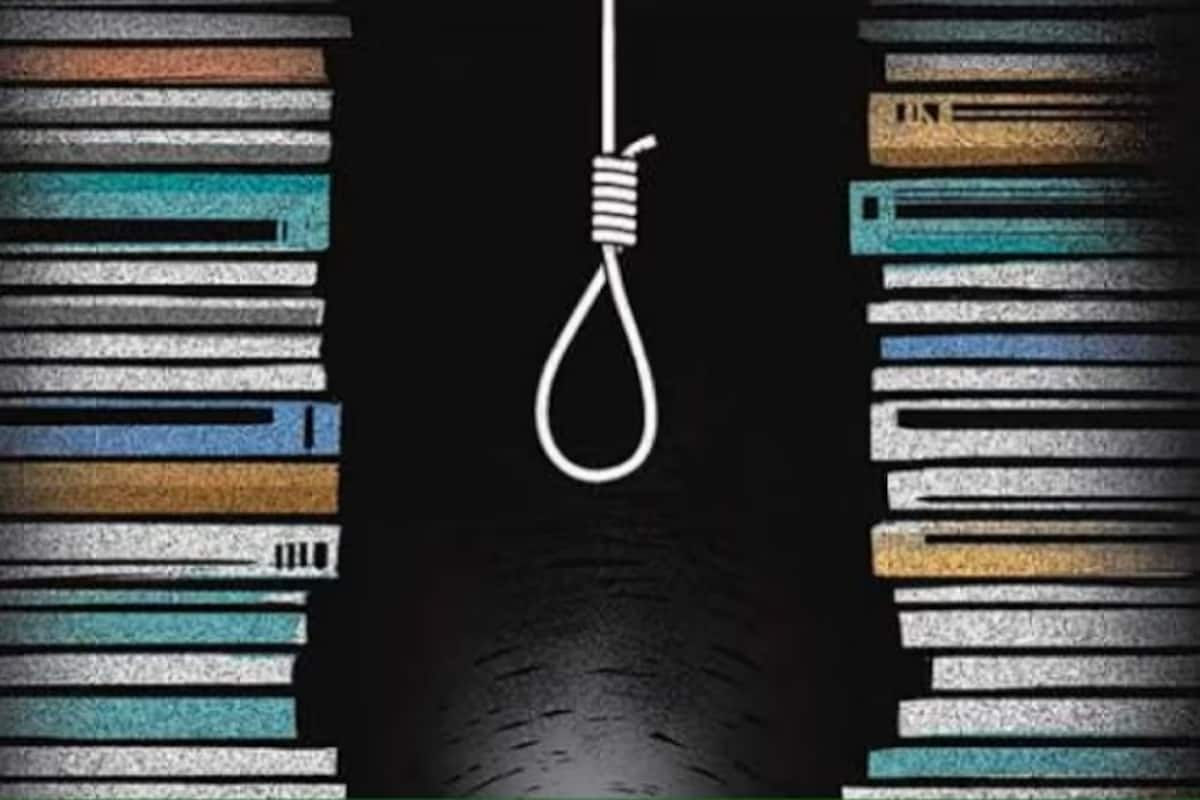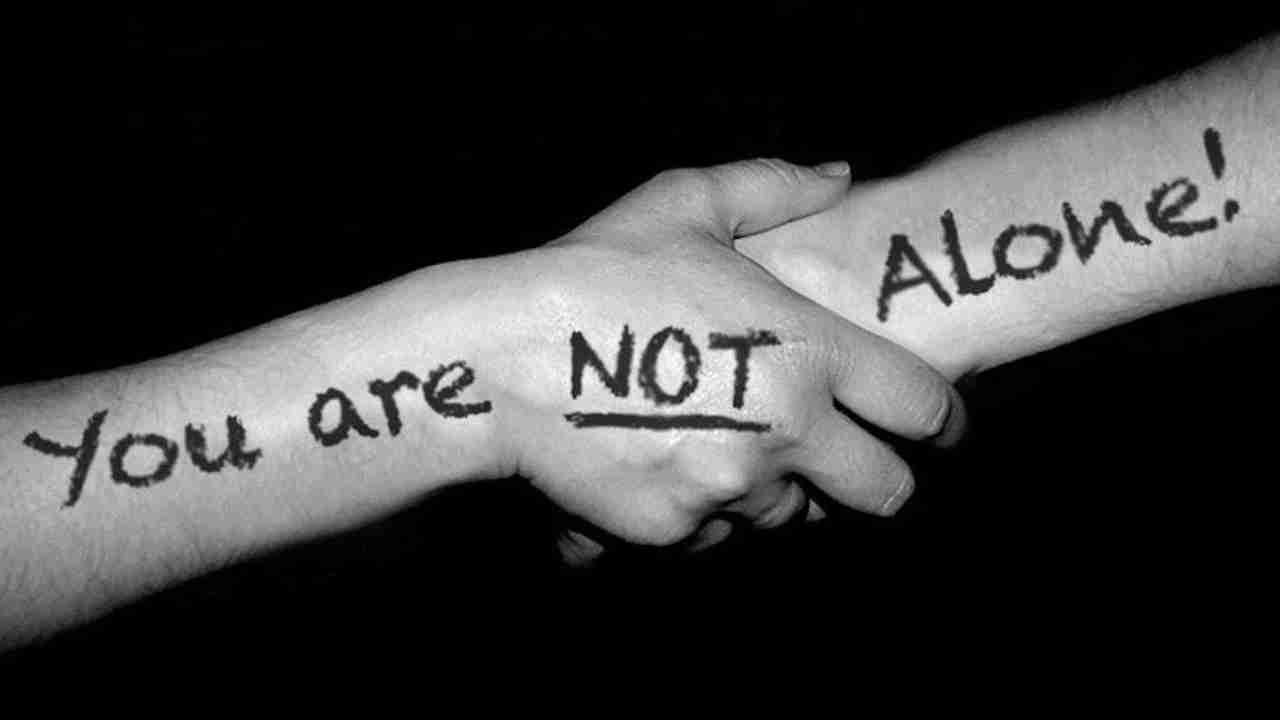Kota’s Wake Up Call: Another Coaching Student Dies By Suicide, 4th Tragic Case This Month
Another IIT-JEE aspirate ended his life in Kota, making it the 4th case of suicide this month and 21st in the past 8 months.

Kota’s Wake Up Call: Another Coaching Student Dies By Suicide, 4th Tragic Case This Month
In a tragic turn of events, another young aspirant, Valmiki Prasad Jangid aged 18 years, has ended his life in Kota, Rajasthan, being another addition to the growing list of distressing incidents in the city’s educational coaching hub. Valmiki had been working hard for the previous two years in order to achieve his goal of passing the Indian Institute of Technology-Joint Entrance Examination (IIT-JEE). The fourth suicide of this kind during this month and the twenty-first in the previous eight months occurred on Tuesday night, putting a sudden end to this aspiration.
Pressure and Isolation: A Deadly Combination
The upsetting news has rekindled conversations about the tremendous pressure as well as loneliness that students in Kota’s coaching centers frequently experience. Valmiki, a resident of the Gaya district of Bihar, had made the decision to travel to Kota in order to pursue his scholastic goals. Even the most tenacious students can succumb to the demanding schedule, competitive environment, along with feeling cut off from family and friends.
Alarming Statistics Unveiled
This tragic incident has brought the frightening statistics of such cases to the forefront. In accordance to the data released by the district administration, an average of three suicides among coaching students has been recorded every month this year in Kota. This grim reality sheds light on the critical need for addressing the mental health challenges which are encountered by young aspirants in such immense pressure filled environments.
Chief Minister’s Concerns and Plea to Parents
Ashok Gehlot, the chief minister of Rajasthan, voiced his profound concern on the rising rate of student suicides in Kota. He acknowledged the alarming 20 student suicides in the previous eight months, highlighting the serious nature of the situation at hand. In this setting, Gehlot’s advice to parents with respect to such cases, is to refrain from imposing high standards for their kids’ academic or professional choices comes with a powerful impact.
It is a matter of concern that 20 students committed suicide in the last eight months in Kota. I myself wanted to become a doctor in my childhood, used to study till 2-3 in the night, but did not succeed. However, 1 did not lose courage. I changed my path, became a social worker, entered politics and today I am in front of you.
– Rajasthan Chief Minister Ashok Gehlot
Lack of Support Systems and Mental Health Resources
Questions regarding the sufficiency of the student mental health support networks are being addressed as the city struggles to deal with the unfortunate passing of another innocent young life. Coaching centers’ high-stakes atmosphere calls for both intellectual prowess and mental toughness. The psychological difficulties that many students experience might be made worse by a lack of appropriate counselling as well as mental health resources.

Psychological Assessments for Coaching Students: A Step Towards Student Well-being
The district government has disclosed plans to establish psychological examinations for coaching students as a proactive response to the alarming increase in suicides among students within Kota’s coaching center. The action follows the terrible tragedy surrounding Valmiki Prasad Jangid and is an important first step toward dealing with the mental health issues these candidates are facing. In order to enable prompt interventions as well as counselling, officials claim that these tests, which will be carried out every two weeks, are intended to spot indicators of distress along with suicidal tendencies amongst students.
The choice to regularly implement psychological assessments demonstrates an increasing understanding of the importance of putting students’ wellbeing foremost in a setting where competition as well as stress are intense. The authorities in Kota have been forced to move proactively in order to promote emotional resilience and give those who need it as soon as possible due to the alarmingly high number of student suicides in the city.
Spotting Suicidal Tendencies: The Rationale Behind Psychological Assessments
The psychological tests are intended to provide insight into the mental health of coaching students. These tests, by recognizing potential suicidal tendencies as well as symptoms of distress, can be useful tools for early intervention. This proactive strategy has the potential to play a critical role in ensuring that young people receive the required assistance and guidance before their emotional issues spiral out of control.
A Comprehensive Approach: Beyond Academics
Kota, renowned for its strong coaching culture, has frequently been condemned for focusing solely on academic performance, generally at the detriment of students’ emotional health. The implementation of frequent psychological evaluations is an important step toward correcting this imbalance. It recognizes that a student’s well-being extends beyond academics and rankings, underlining the significance of mental as well as emotional fitness in the pursuit of success.
While the move is encouraging, effective implementation of these assessments would necessitate careful preparation and deliberation. It is critical to provide a friendly environment in which children feel comfortable disclosing their emotional struggles. Added to that, the general accessibility of trained mental health specialists as well as counselling resources is critical to ensuring that detected concerns are appropriately handled.

The choice to include psychological tests in the coaching process for students is a call to action for a wider transformation of the educational system. It exhorts organizations, teachers, parents, as well as governments to promote student well-being and mental health as a collective effort. The emphasis must go beyond exam-focused study to foster comprehensive development along with emotional resilience.
This forward-thinking action by the district administration represents a glimmer of hope for a coaching atmosphere that is healthier and more compassionate. The effectiveness of this project will be determined not only by the total number of lives saved, but additionally by the degree to which Kota’s coaching culture is changed to place equal priority on the academic achievement of students as well as emotional well-being.
The Way Forward- Call For Action
The tragic death of Valmiki Prasad Jangid and other hopeful IIT-JEE candidates has sparked a deep reflection on the urgent need to address the mental health of students in addition to their academic targets. It is obvious that the educational environment needs to undergo a dramatic shift, placing resilience to emotional stress as well as mental health at the forefront of its priorities, as the country struggles with yet another devastating loss. Some of the suggestions in this regard, include-
- A Broader Perspective on Success- The significance of promoting emotional health has long been obscured by Kota’s coaching culture’s persistent emphasis on academic excellence. The tragic ending of Valmiki serves as a sharp reminder that achieving academic success is not a guarantee of a happy life. This sobering reminder forces us to reconsider what constitutes success and to understand that the path to success should include not only academic achievements but also emotional stability and self-care.
- Collective Responsibility: Institutions, Parents, and Policymakers- It will take a collective effort from educational institutions, parents, as well as policymakers to address this pervasive problem. All of these stakeholders have a responsibility to provide a setting that fosters students’ emotional health as well as their intellectual development. Comprehensive mental health support services must be integrated into schools, colleges, and coaching facilities and made readily available to kids who require them.
- Strengthening Mental Health Support Systems- The tragic loss of Valmiki highlights the need for improved mental health support systems in educational institutions. Students should have easy access to quality counselling services so they can talk about their problems and fears without worrying about being judged. Furthermore, in order to enable prompt intervention, mental health practitioners should be taught to recognize indications of distress and suicidal thoughts.
- Promoting Open Dialogues- It is crucial to eliminate the stigma associated with mental health. Schools should aggressively encourage candid conversations on mental health, establishing secure areas where kids can express their anxieties and fears. Establishing peer support groups as well as organizing workshops that teach students how to cope with stress and manage it can both considerably lessen the emotional strain placed on pupils.
- Raising Awareness: Sensitizing Students, Parents, and Educators- Awareness regarding the need of getting help as well as identification of the symptoms of distress is necessary for students, parents, and educators. Many fatal results can be avoided by obtaining professional assistance early on. A supportive ecosystem can be facilitated by initiatives that educate these stakeholders about the value of mental health and the resources that are accessible.
A Turning Point for Change
Valmiki Prasad Jangid’s pre-mature death serves as a poignant turning point, demanding a collective response to the alarming rates of student suicides in Kota as well as similar stressful academic environments. The current educational and social paradigm must shift from a single-minded focus on producing academic achievers to nurturing well-rounded individuals equipped with qualities such as emotional resilience, coping skills, and a positive outlook on life.
It is crucial that Valmiki’s tragedy sparks substantial change as the country mourns his passing. A major reorganization of the educational system is urgently needed, with an emphasis on how the search of knowledge and the pursuit of emotional well-being must go hand in hand. The legacy of Valmiki must start a movement that eventually results in a more sympathetic, understanding, and encouraging educational system that raises the next generation of not only successful professionals but also emotionally stable people who can face the difficulties and challenges of life with determination as well as grace.





